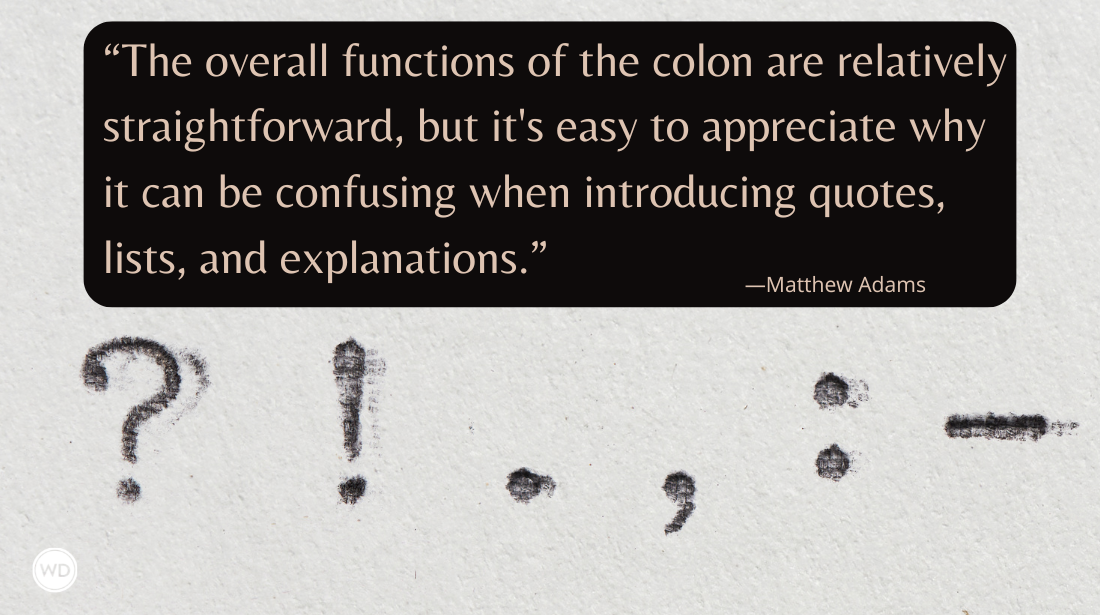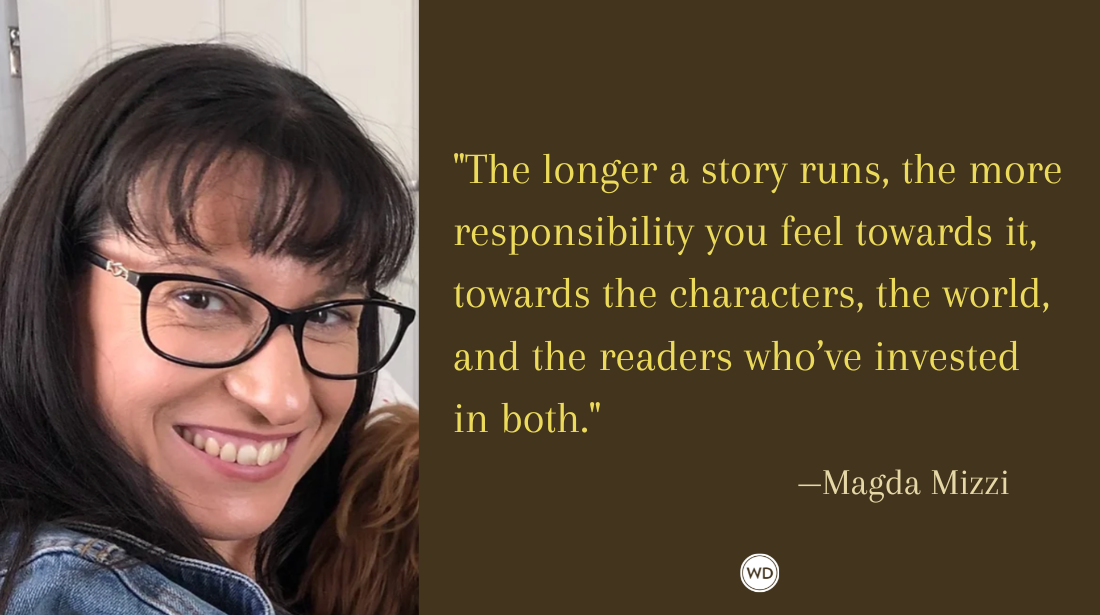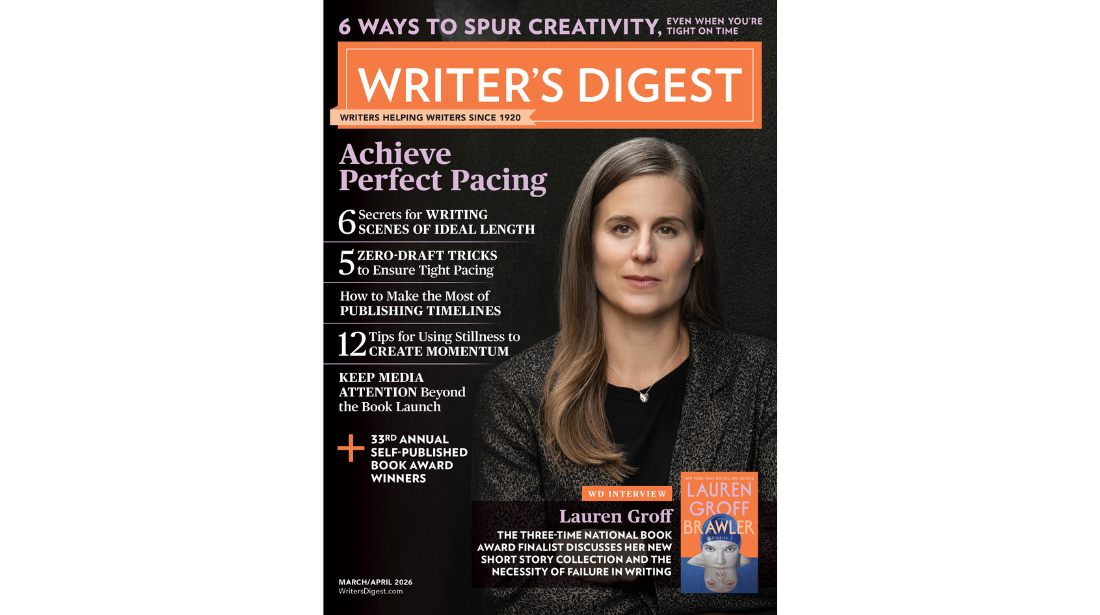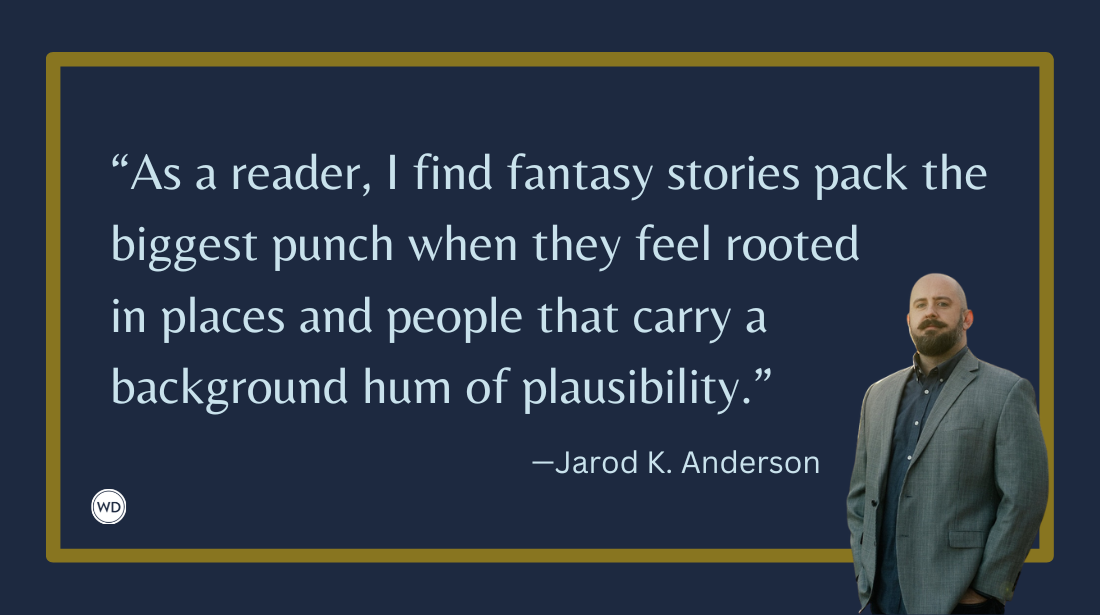The Four Commandments of Writing Good Sentences
If you want to write a good sentence, don’t pay any attention to your grammar. In this article, Bonnie Trenga explains why.
If you want to write a good sentence, don’t pay any attention to your grammar. I don’t mean “a sentence this like OK is.” I mean don’t automatically think you’ve written a good sentence just because it’s grammatically correct. Lots of bad sentences are grammatically correct. Some of these bad sentences might even be yours.
Quick, whom can you blame? I’m pinning it on Miss Whom, your grammar school teacher. Rather than teaching students to produce clear and meaningful sentences, Miss Whom promoted grammar rules and a word minimum. I remember BS-ing my way through a school essay that had to be at least 1,000 words. My ideas weren’t fully formed, so I tried to make myself sound knowledgeable by fluffing things up. (I fluffed grammatically, of course.)
Unfortunately, many of us still write this way. Until someone shakes things up, writers—especially nonfiction writers—will continue to produce bad and boring sentences.
I’ll volunteer to shake things up. To write good sentences, you must follow these Four Commandments:
- You shall not write passively.
- You shall not overuse weak verbs like “to be” and “to have.”
- You shall not fluff.
- You shall make every word necessary.
Of course, your sentences should also be grammatical. But remember that many grammatical sentences are also terrible. The most famous awful sentence of all time—“It was a dark and stormy night”—displays superb grammar. The following sentence is even more awful, and it breaks all my rules: The usage of perfect grammar but not an active style of writing has the effect of not just the production of dull words for readers’ intake but it also has the unwanted consequence of making readers want to snooze.
You might call this style formal or academic writing, or even business writing. I just call it bad writing. The only good thing about that 39-word sentence is the grammar. If Mr. T were here, he’d say, “I pity the fool who would write that fluffed-up sentence.”
Unfortunately, Mr. T couldn’t make it. Instead, I, Mrs. T, am asking you to examine this terrible sentence one commandment at a time. Well, two phrases in our sample sentence violate Commandment 1: “the usage of” and “the production of.” These passive phrases (nominalizations) are wordy and fail to mention who is doing the action. It would be better to write that “so and so uses,” and “so and so produces.”
A prodigious amount of passive writing gets written by writers—did you catch that?—and it has to stop. Passive writing is more than just passive voice (“was written badly by”). The following two passive sentences omit “who”: “The writing of poor sentences is prohibited” and “It’s important to be specific when writing sentences.” If you did omit, you must not acquit! You must state who is doing the action, except if you’re purposely withholding that information. (Usually this is a person, unless you’re describing dark and stormy clouds.)
Our terrible sentence disregards Commandment 2 because of these two weak verbs: “has (the effect of)” and “has (the unwanted consequence of).” Bor-ing! Expend a little imagination and use more descriptive verbs. (But don’t go over the top and use fancy SAT words.) Mr. T used a great verb when he said, “I pity the fool.” If he’d said, “I have a problem with the fool,” his sentence would have lost its impact.
Now on to Commandment 3. Where’s the fluff? Sadly, our awful sentence is all fluff. It puffs itself up with wordiness that communicates almost no concrete information. Unless you’re doing laundry, you’re not allowed to fluff. The best way to cut the fluff is to realize—and admit—that your writing is wordy. In your rough draft, you’re allowed to write down unfocused ideas and to ramble a bit. But your final, polished version must be much more concise. Put aside your draft for a while and then cut it down—perhaps way down. Examine every phrase and shorten, shorten, shorten.
This leads us to Commandment 4. We must examine our 39-word sentence and make every word necessary. When we rip away all the passive and wordy phrasing, we get an easier-to-digest sentence (remember, this is Writer’s Digest, not Writer’s Indigestion): Writers who use perfect grammar but not active sentence structure bore readers.
Ah, much better. Those dozen words offer substance, not hot air. Make the sentence your mantra. Likewise, make passive and bland writing passé. You don’t want to upset Mr. T.









